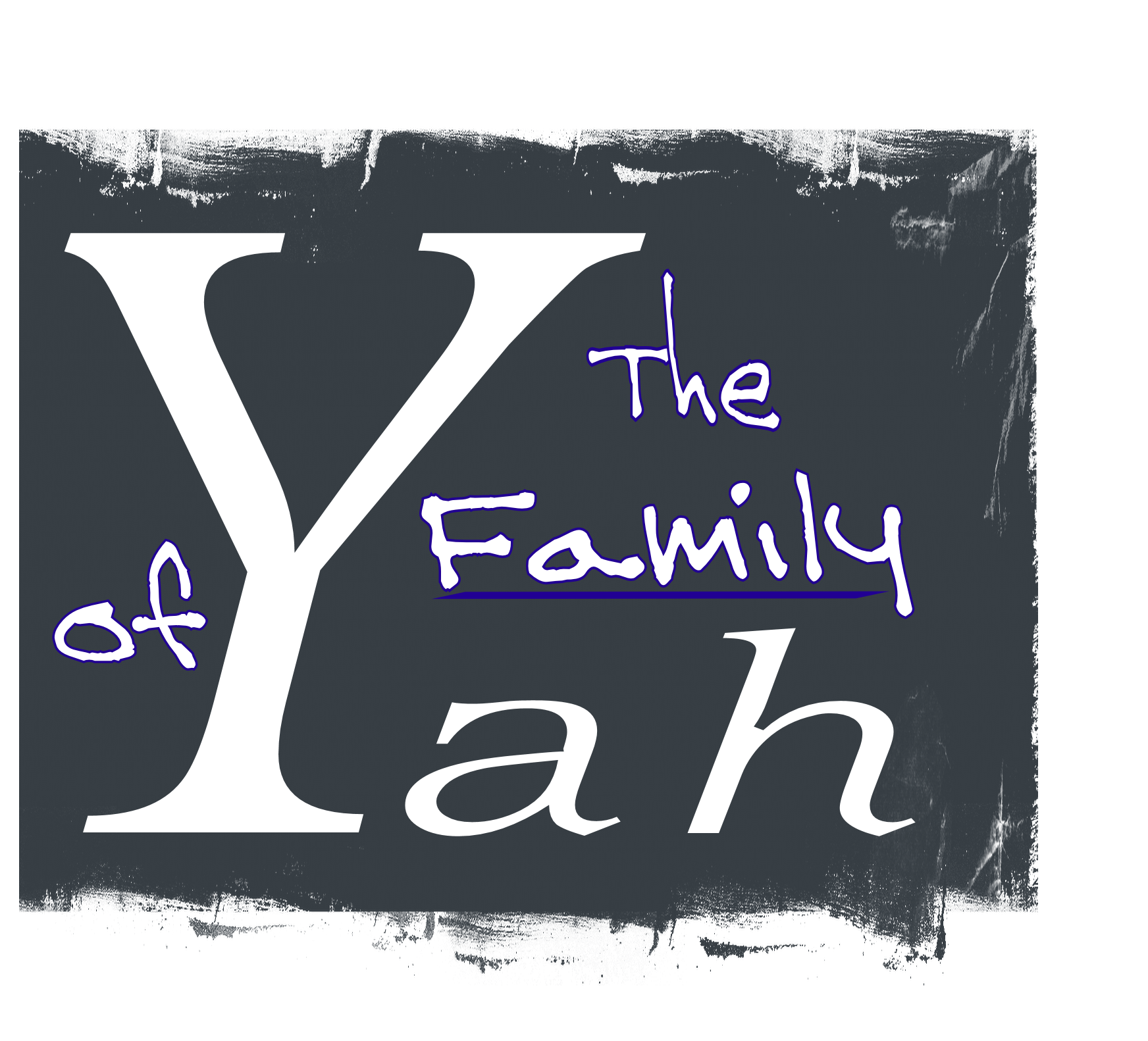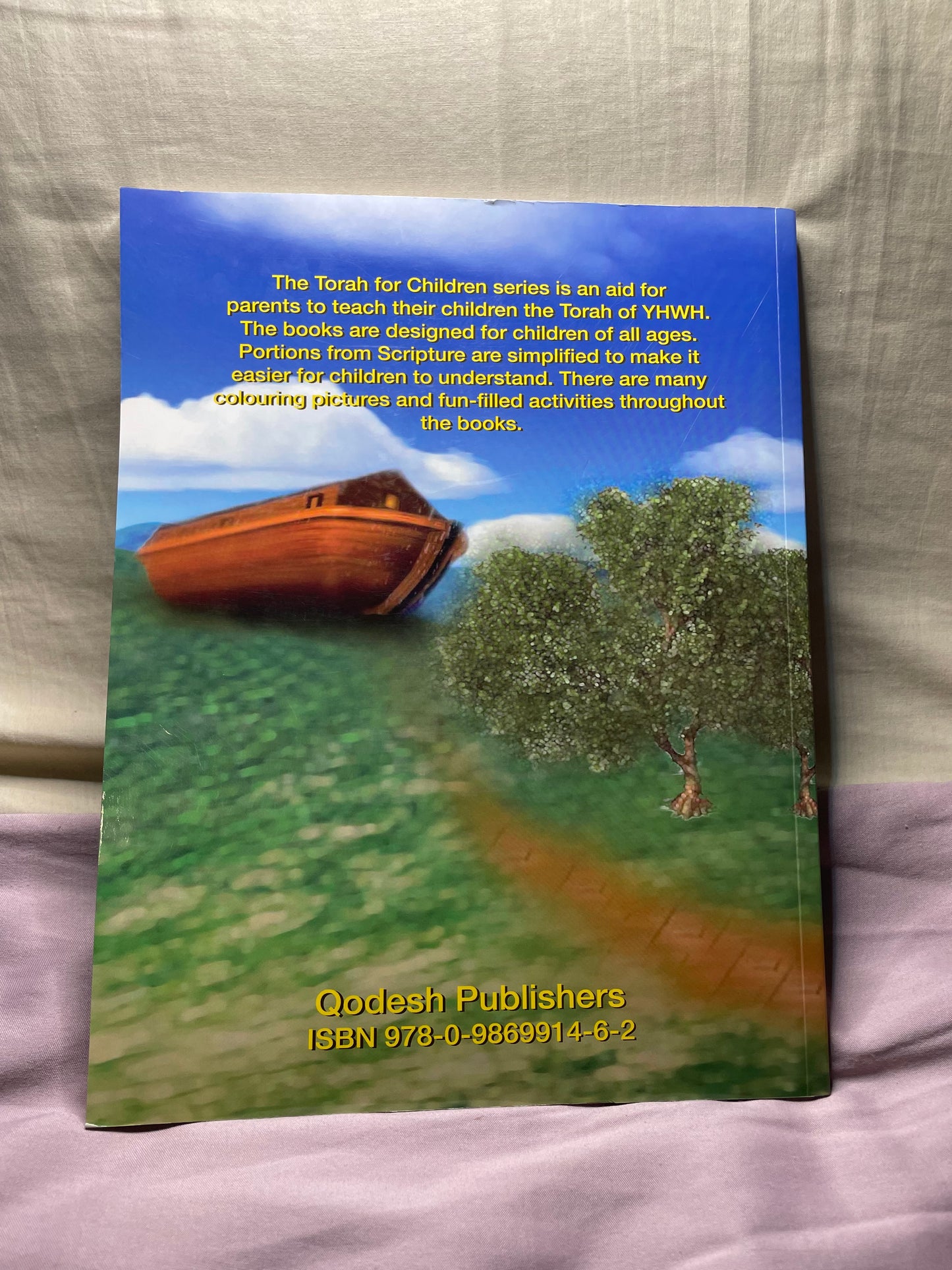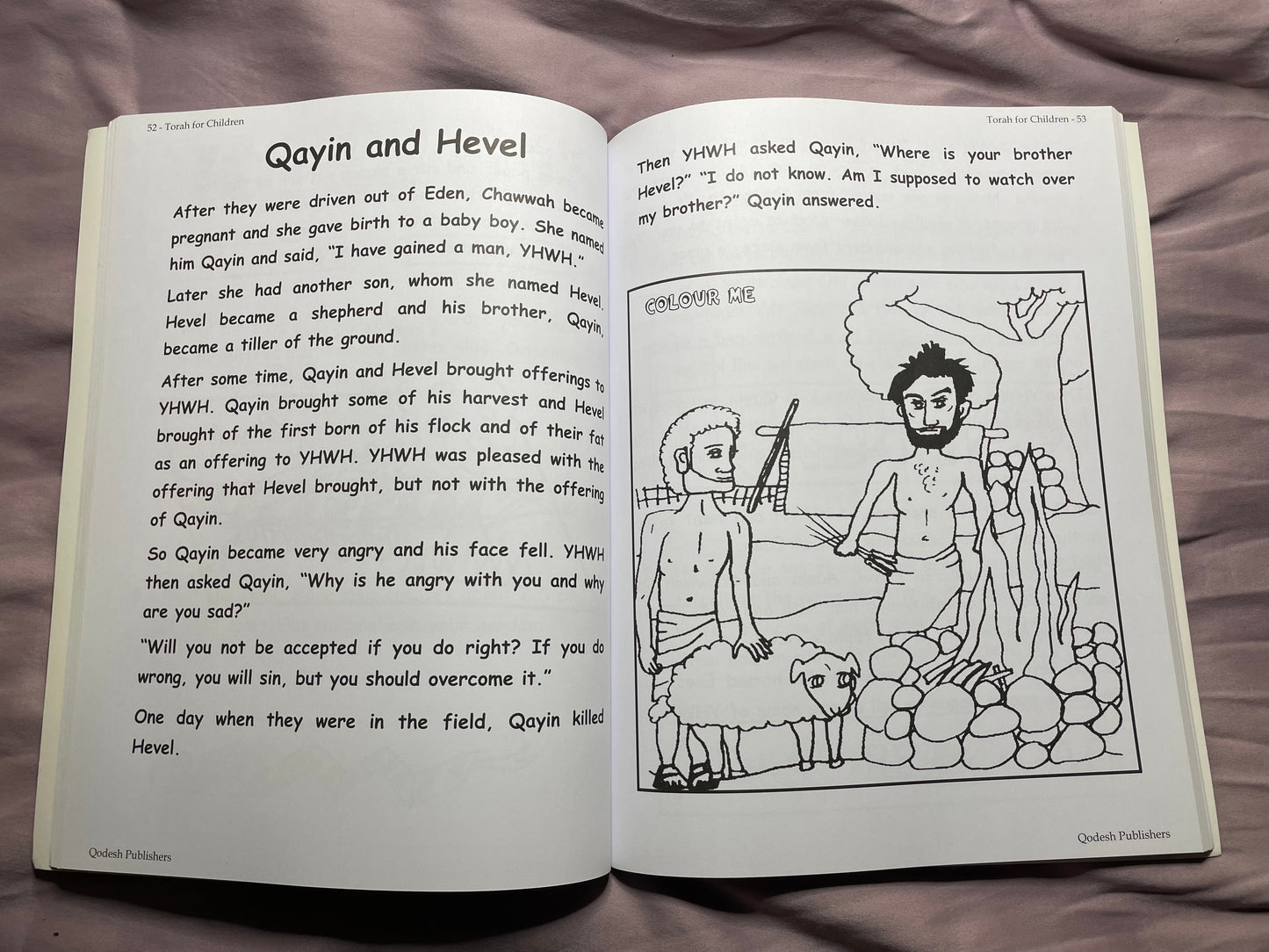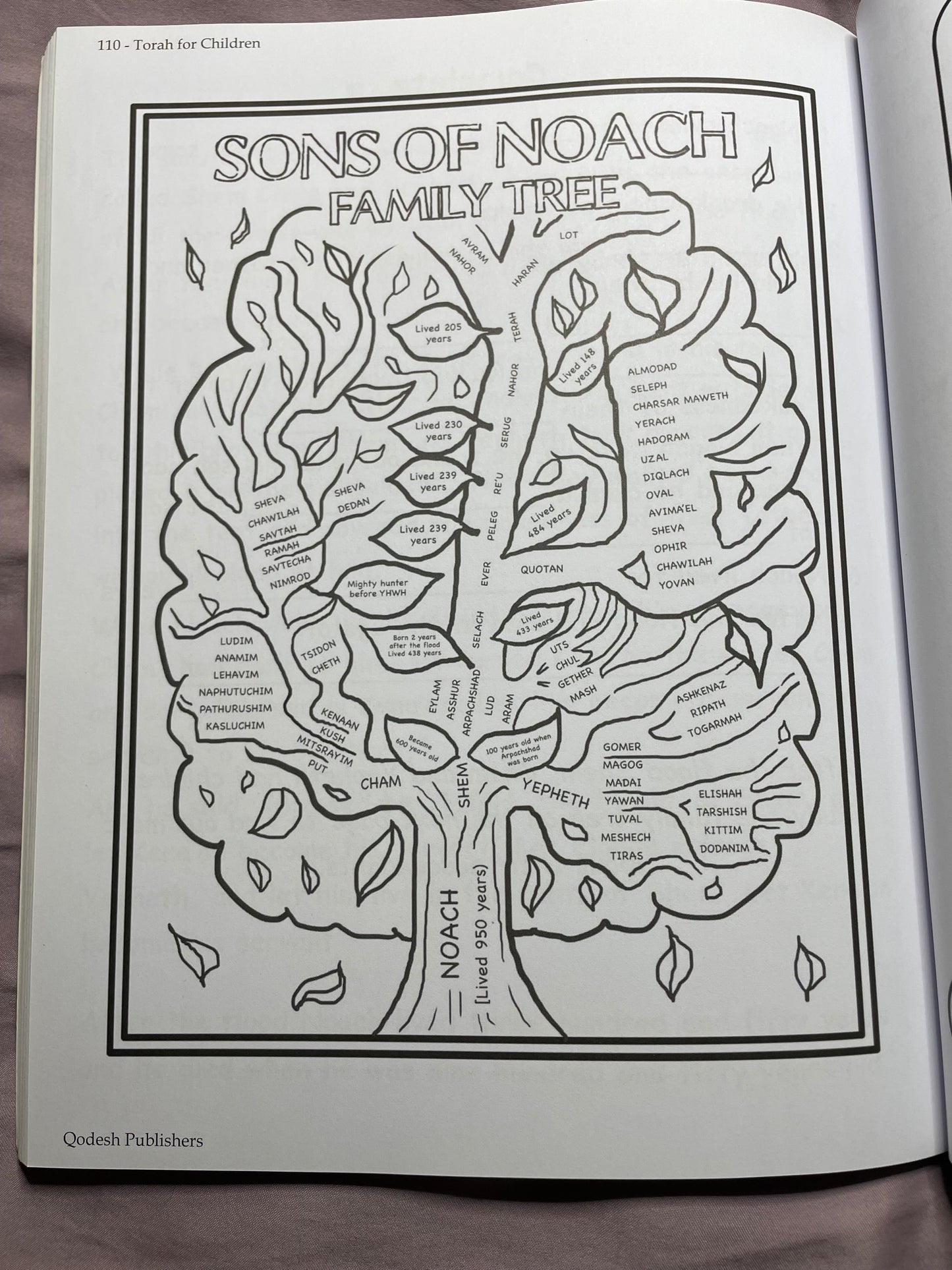Selah
Hebrew #5542 – Seleh – סלה
Definition: To Pause, Suspend/Hang, possibly a musical notation marking
“O יהוה, how my adversaries have increased! Many rising against me,
Many are saying of me, ‘There is no deliverance for him in Elohim.’ Selah.”
Tehillim (Psalms) 3:1-2
“Kaph for the needy is not always forgotten; neither the expectancy of the poor lost forever
Arise, O יהוה, do not let men prevail; let the nations be judged before your face
Put them in fear, O יהוה, Let the nations know they are but men. Selah.”
Tehillim (Psalms) 9:18-20
“You step through the earth with rage, you thresh the nations in wrath.
You shall go forth to save Your people; to save Your Anointed. You shall smite the head from the house of the wrong, By laying bare from foundation to neck. Selah.”
Ḥaḇaqquq (Habakkuk) 3:12-13
This word, Selah, appears in the scriptures 74 times—71 in Psalms, 3 in Habakkuk—yet its exact meaning remains uncertain. Most people agree (or semi-agree, or even agree to disagree) that it signifies some sort of pause. But I’m going to share my speculations—you just sit back and follow along:
The scholarly consensus leans that Selah serves as a liturgical‑musical cue: a point to “pause and contemplate” or signal an instrumental interlude. Strong’s Concordance defines it as “suspension (of music), i.e., pause,” and many commentaries agree.

First of all, I agree that it must mean to pause in some way.
Notably, Selah frequently follows powerful declarations, like “there is no help in יהוה” or “let the nations know that they are but men.” That placement supports the idea of pausing to meditate on the weight of the statement.
But as a musician myself I can relate to the musical application of the word, some folks say the psalms where sung in the congregation, with a “worship team” and choir, so the Selah would be the singers pausing for an instrumental interlude. Or possibly like a duet, it would be a sign for the congregation to sing alone, or the congregation stops, much like a Basso Continuo.
We could even look at the pictograph of the Hebrew letters;
ס samek: like a thorn, or a tower, stability, or instability, refuge.
ל lamed: a shepherd's staff, power, or correction, being held back.
ה Hay: man with his arms raised, in praise, welcome, or caution, revelation.
So think about it:
“Get caught in correction, and praise.”, or “Take refuge, held back in caution.”
Or you could try to make other Hebrew words with the three letters:
סל – said “Sawl” It means “Basket” like one for lifting.
לה – said “Lah” It means “she or her” like one who would stop you to ask you to do a task
Neither of these last two methods are historical linguistics—just spiritual, imaginative thoughts.
One of the most fascinating things is that this word isn’t used in Modern Hebrew. Most of Modern Hebrew was derived from Biblical Hebrew. But there are a few words that are a little different. For instance:
The word for “food” in Biblical Hebrew, אכל (akhal) vs אוכל (okh-wale), in Modern Hebrew
Or “See” רא vs רוא, said the exact same way (Roh). And many others, words that may be similar, but slightly different in some way. It reminds me of reading old literature; some of the words are spelled oddly, and some are just odd words.
And Selah, as far as I can tell, is one of the “odd words” that wouldn’t be used, and would be challenging to use like saying “I, hereby bequeath to thee, a declaration by which thou shalt be bound.”
(oopsie daisy, got a little carried away there :)
Blessings, hopefully you attained something out of this.
Signing off:
-IS









